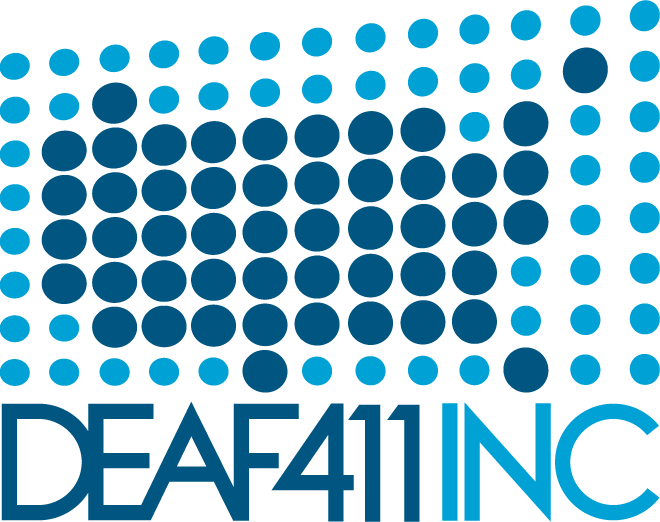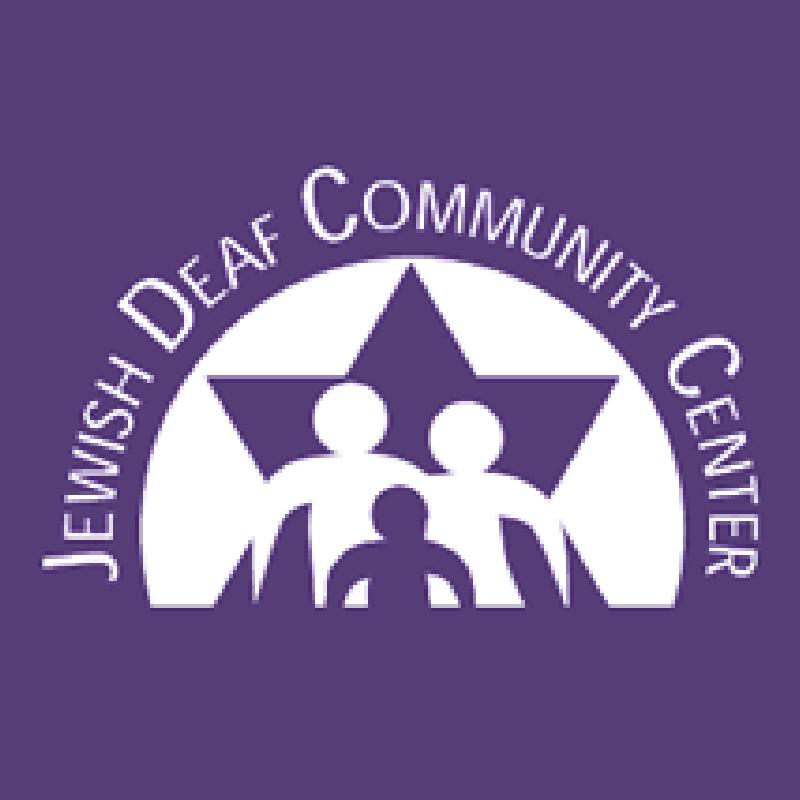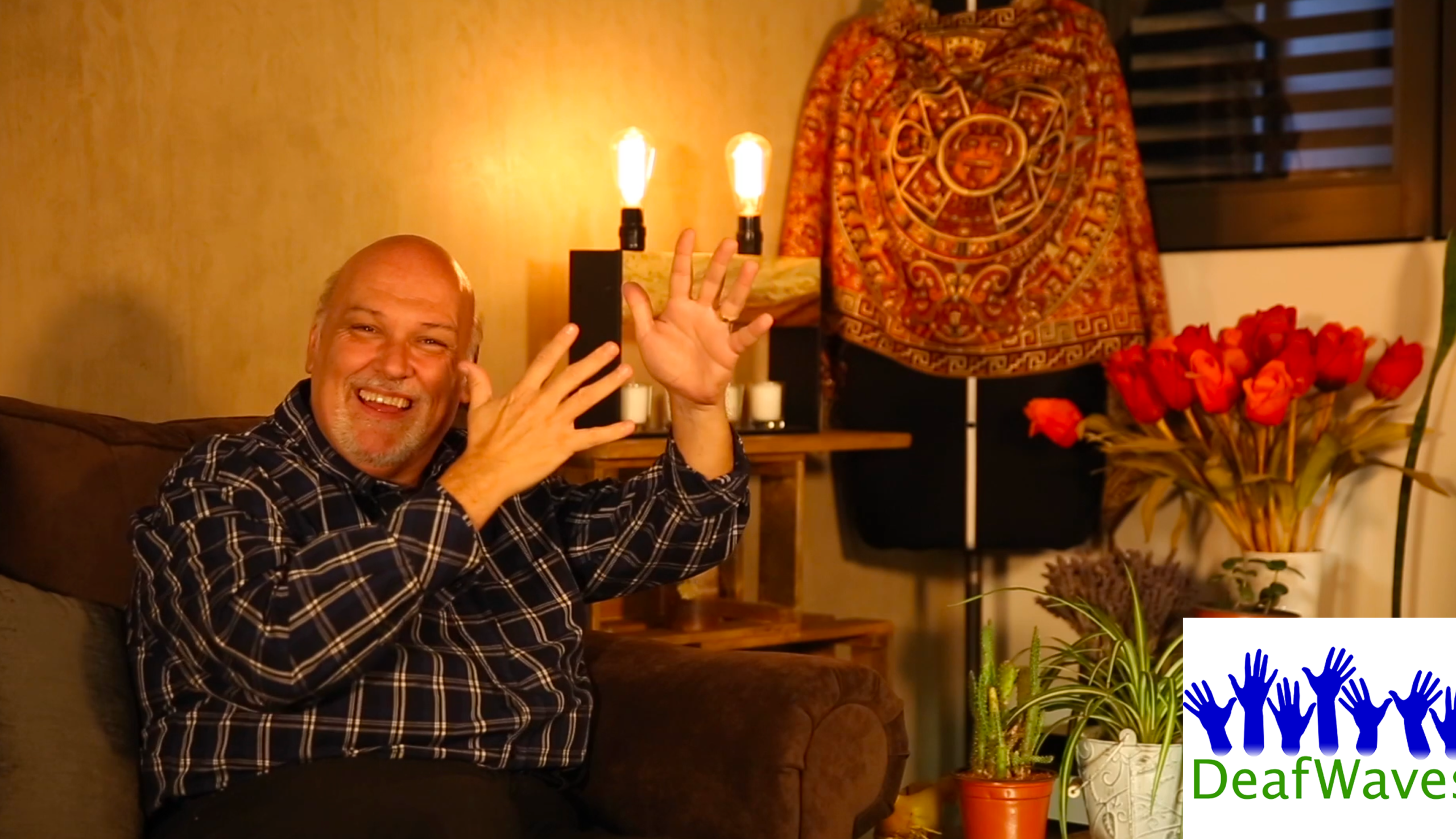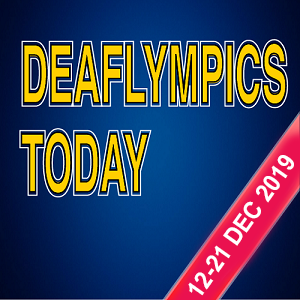« Our Entertainment Options Keeps Evolving! | Main | When You May Need a Certified Deaf Interpreter »
Deaf Seniors Catch Up With Hearing Seniors?
By Deaf411 | July 27, 2011
 As deaf people approach retirement and become senior citizens, they face a new set of issues and challenges. With increased pride and self-esteem as deaf seniors, they are asserting their needs and legal rights.
As deaf people approach retirement and become senior citizens, they face a new set of issues and challenges. With increased pride and self-esteem as deaf seniors, they are asserting their needs and legal rights.
Like “baby boomers” – those who were born after World War II – now entering retirement age, there is a very large population of seniors with unique needs – need for organizations, retirement communities, assisted living and nursing services.
Like the AARP, a national non-governmental membership organization that represents and advocates for rights and needs of senior citizens, the deaf senior community has created its own organization, the Deaf Seniors of America (DSA).
About 1,200 deaf seniors are expected to attend the Deaf Seniors of America conference in Chicago, IL from August 31st to September 6th.
Hot Button Issues
 Suitable housing and care are on the mind of many deaf seniors. Hot button topics within DSA, which was founded in 1992, are the need for assisted care and nursing homes that are accessible with signing staff and interpreters, and hospices to make the final days a smooth transition.
Suitable housing and care are on the mind of many deaf seniors. Hot button topics within DSA, which was founded in 1992, are the need for assisted care and nursing homes that are accessible with signing staff and interpreters, and hospices to make the final days a smooth transition.
While DSA represents deaf seniors at the national level, deaf seniors are involved in local organizations in many states i.e. the Bay Area Coalition of Deaf Seniors based in Northern California.
The unifying theme among these state organizations is the need to create housing for deaf seniors. The New Jersey Association of the Deaf hopes to establish a home for Deaf adults in their state. Other states such as Wisconsin, Arizona and Texas include deaf seniors in their plans and activities.
Senior Housing
 There are currently 16 senior housing projects for deaf seniors citizens who need specialized care. Retirement communities and nursing homes both offer services and amenities targeted at deaf seniors – fully accessible housing, staff members who sign, interpreters, alert devices such as fire alarm strobe lights and doorbell flashers, and activities geared towards them. Communication and cultural experiences is the norm.
There are currently 16 senior housing projects for deaf seniors citizens who need specialized care. Retirement communities and nursing homes both offer services and amenities targeted at deaf seniors – fully accessible housing, staff members who sign, interpreters, alert devices such as fire alarm strobe lights and doorbell flashers, and activities geared towards them. Communication and cultural experiences is the norm.
 Independent Living
Independent Living
An Independent Living Facility provides individual, fully functional apartments for residents in a retirement facility within a community setting where meals may be provided and organized social activities. Residents live independently, and handle their day-to-day tasks including meals and medication, doctor visits and transportation to events and activities. Residents may also have in-home care.
Assisted Living
Assisted living communities are designed to provide residents assistance with basic daily living activities such as bathing, grooming, dressing, meals, laundry, housekeeping, and more. Some states may also allow assisted living facilities to offer medication assistance and/or reminders. Assisted living communities differ from nursing homes in that they don’t offer complex medical services.
Nursing Homes
A nursing home, convalescent home, skilled nursing unit, care home or rest home is a place of residence for people who require constant nursing care and have significant deficiencies with activities of daily living.
Hospice Care
Continuous care provided for a terminally ill person, with life expectancy of six months or less, and his or her family during the final stages of life. Hospice care can be provided at home, in a facility with a homelike setting, a hospital, or in a nursing home.
Generally a seniors housing community has social services, housekeeping, beauty shop, exercise room, organized senior activities and deaf community services.
 The oldest home for senior citizen is Columbus Colony operated by the Ohio School for the Deaf Alumni Association, which opened its doors in 1896. The latest deaf seniors community is Apache ASL Trails in Tempe, Arizona, which opened on July 15, 2011.
The oldest home for senior citizen is Columbus Colony operated by the Ohio School for the Deaf Alumni Association, which opened its doors in 1896. The latest deaf seniors community is Apache ASL Trails in Tempe, Arizona, which opened on July 15, 2011.
Several housing management companies are also working with local and state deaf organizations on various projects to create deaf seniors housing. Some deaf seniors housing projects also accommodate hearing senior citizens as to meet Fair Housing Laws and public funding requirements, but its primary support service continues to be focused at deaf seniors.
Deaf senior communities are funded various ways depending on resources that are available. One state association is partially responsible for the financial support of a deaf seniors housing project. Another project is supported through a school of the deaf alumni association. Other projects receive financial support from the federal Housing and Urban Development (HUD) and Medicaid, as well as through community donations, support from foundations, resident fees and investments. Some religious organizations also supplement financial support for these homes.
A list of deaf senior housing can be found at http://deafness.about.com/cs/deafseniors/a/seniorcitizens.htm
Benefits of Deaf Senior Housing
As deaf Baby boomers age, their life style slows down and they often are in danger of being isolated and alone. They need to be around other deaf people for communication, cultural stimulation, and to keep up with happenings in their community.
The local deaf community often includes deaf seniors in their activities, and provides transportation to large deaf community events.
All in all, whether you choose to live in an independent living facility, assisted care or nursing home, all of these facilities provide the specialized care that a Deaf Senior citizen would need, and appreciate. And being amongst others who relate to you is a must.
Photos courtesy of: Apache Trails, Cardinal Housing, Chestnut Lane, Deaf Seniors of America.
~~~~~~~~~~~~~~~~~~~~~~~~~~~~~~~~~~~~~~~~~~~~~~~~~~
This report appeared in the July 2011 edition of Deaf411 eNewsletter, an electronic report which covers a different topic or theme in each month.
List of past issues.
SIGN UP to receive Deaf411 eNewsletter every month, it’s free.
~~~~~~~~~~~~~~~~~~~~~~~~~~~~~~~~~~~~~~~~~~~~~~~~~~
DISCLAIMER: If you have any questions about any information in the Deaf411 eNewsletter, please contact the company or organization listed in the article, announcement, or advertisement. DEAF411, as an information distribution service, makes every effort to ensure accuracy of information presented but cannot accept responsibility for completeness or suitability of information in the announcement.
Topics: Deaf411 eNewsletter | No Comments »
Comments are closed.







